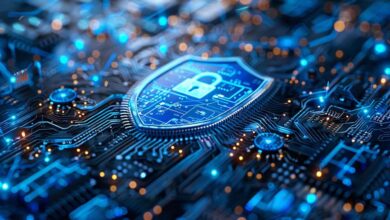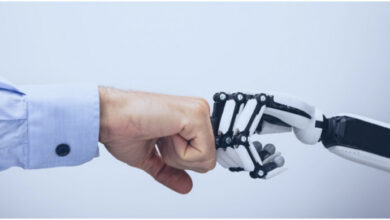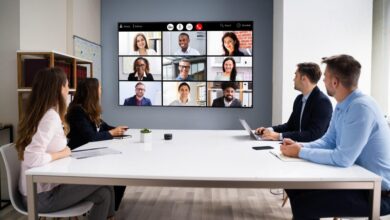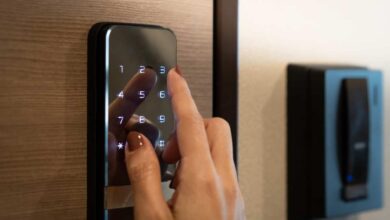Master the Nomad Lifestyle: Your Freedom Blueprint
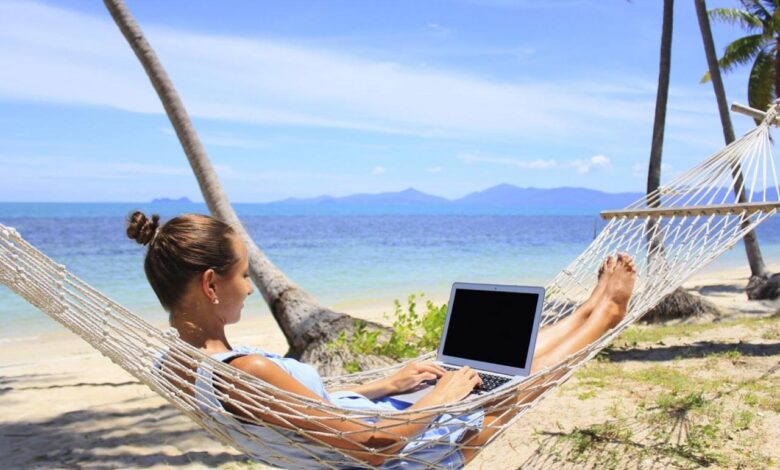
The dream of ditching the dreary desk and embracing a life of travel and remote work—the Digital Nomad lifestyle—has moved from niche fantasy to mainstream aspiration.
In 2025, technology has made it easier than ever to live and earn from anywhere on the globe. But true mastery of this lifestyle is not just about having a fast Wi-Fi connection; it’s about strategically merging work, travel, and personal finance into a cohesive, sustainable, and joyful reality.
Becoming a successful digital nomad requires preparation, meticulous planning, and a deep understanding of self-sufficiency.
This comprehensive guide will equip you with the essential knowledge, from the financial groundwork to the psychological stamina needed, turning your location-independent career into a lifelong adventure.
I. Financial Freedom: Crafting Your Income Engine
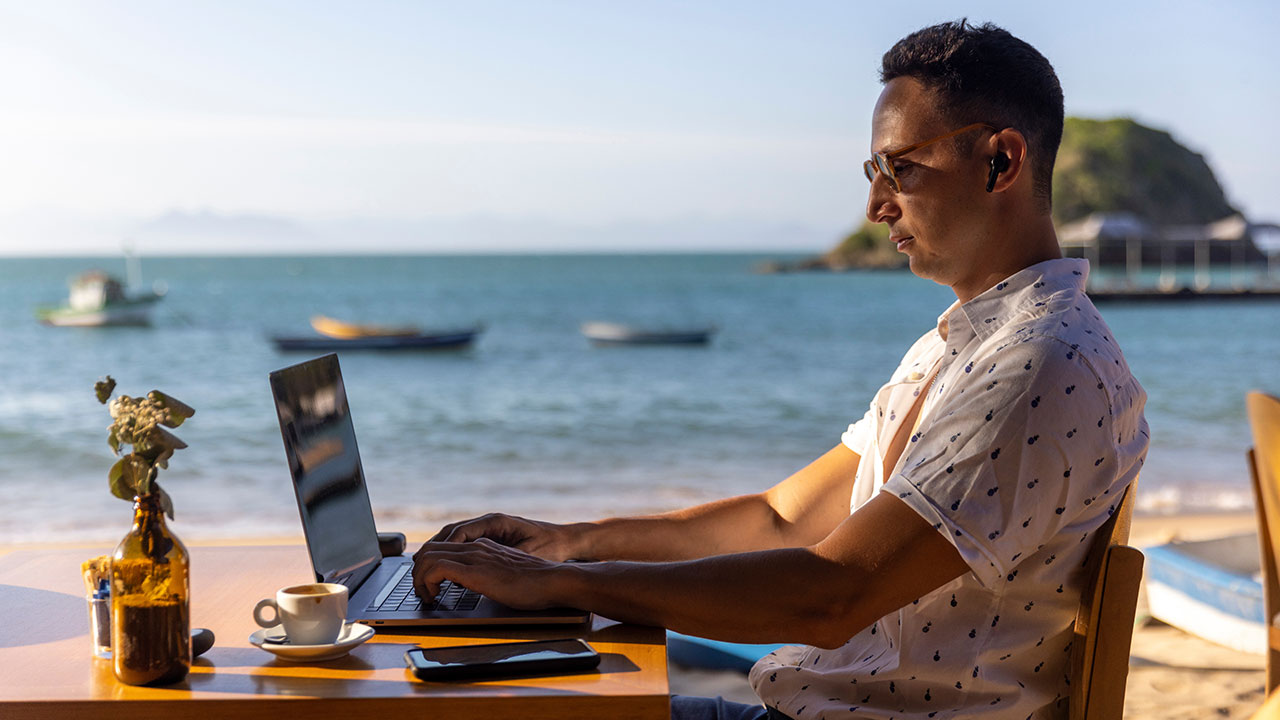
Location independence means income independence. Before you book that one-way ticket, you need to ensure your financial infrastructure is not only robust but also optimized for a borderless existence.
A. Income Diversification and Stability
Relying on a single source of income is risky for anyone, but it’s catastrophic for a nomad. A diversified income stream acts as a safety net against contract cancellations, seasonal slowdowns, and unexpected global economic shifts.
A. Secure Anchor Clients or Employment: Start with one or two long-term anchor clients or a stable remote job that covers your base monthly expenses. This provides a psychological and financial cushion, allowing you to build other income streams without panic.
B. Develop Passive Income Streams: This is the Holy Grail of nomading. Explore options like creating and selling digital products (e.g., courses, e-books, templates), affiliate marketing, or monetizing a niche blog or YouTube channel. Even small amounts of passive income can significantly reduce financial stress.
C. Offer High-Value Consulting or Coaching: Leverage your specialized skills (e.g., data analysis, niche marketing, software development) for short-term, high-rate consulting projects. These engagements often provide significant financial boosts without long-term commitment.
B. Banking and Tax Strategy
Your traditional hometown bank account is inadequate for the nomadic life. You need financial tools built for a global citizen.
A. Embrace Borderless Banking: Utilize modern FinTech solutions and borderless banks (like Wise, Revolut, or specialized international accounts) for holding multiple currencies and performing low-fee transfers. This saves a fortune on exchange rates and ATM withdrawal fees globally.
B. Master International Tax Obligations: Tax residency is complex when you don’t have a fixed home. Consult with an international tax expert before you leave. Understand the “183-day rule” (the maximum time you can spend in many countries before becoming a tax resident) and research the tax implications of your home country (e.g., US citizens are taxed on worldwide income).
C. Automate Your Finances: Set up automatic payments for all fixed expenses (subscriptions, insurance). Use budgeting apps that can track expenses across multiple currencies and provide clear reports, preventing the common nomadic mistake of losing track of fluctuating costs.
II. Logistics Mastery: Tools and Setup
The office is portable, but its functionality is non-negotiable. Your gear must be reliable, secure, and compact enough to be carried comfortably on a weekly basis.
A. The Minimalist Tech Stack
Every item you carry adds weight and complication. The goal is maximum utility from minimal hardware.
A. Choose Powerful, Lightweight Devices: Invest in a high-performance laptop that balances processing power with low weight and excellent battery life. Consider a large portable monitor for multi-screen productivity, but ensure it runs on a single USB-C cable for minimal clutter.
B. Secure and Redundant Storage: Rely on encrypted cloud storage (e.g., Google Drive, Dropbox, or specialized secure options) and always maintain a physical, portable Solid State Drive (SSD) as a local, encrypted backup. Remember the 3-2-1 backup rule (three copies, two media types, one offsite).
C. Essential Adapters and Connectivity: A universal power adapter with surge protection is a must. Also, carry a high-quality portable Wi-Fi hotspot or a local SIM card with a large data plan as a backup for unreliable Airbnb Wi-Fi.
B. Cybersecurity as a Lifestyle
Your security vulnerability increases tenfold when working on public networks. Your data protection must be professional-grade.
A. Mandatory VPN Usage: Always use a premium Virtual Private Network (VPN) when connecting to any public or semi-public Wi-Fi network (cafés, hotels, airports). This encrypts your traffic, protecting sensitive data from local eavesdroppers.
B. Implement Multi-Factor Authentication (MFA): Enable MFA on every single account—especially banking, email, and cloud services. Use an authenticator app (not SMS codes) for the highest level of security. This is the single strongest defense against stolen passwords.
C. Proactive Software Updates: Software updates often contain crucial security patches. Never postpone critical updates, as outdated software is the most common entry point for hackers. Turn on automatic updates wherever possible.
III. Seamless Travel: The Operational Side
The “travel” part of the digital nomad life requires far more logistical foresight than a two-week vacation. You are establishing a temporary life, not just visiting.
A. Accommodation and Workspace Strategy
Your living situation directly impacts your productivity and well-being. Don’t compromise on the workspace essentials.
A. Prioritize Stable Internet: Always check the upload and download speeds before booking a place. Request a screenshot of a speed test from the host. Treat good internet as a non-negotiable utility, not an optional amenity.
B. Book Smart, Not Long: Start with shorter, pre-booked stays (e.g., one week) to test the location, internet, and neighborhood vibe before committing to a long-term (e.g., one month) apartment. Use platforms like Airbnb, Booking.com, or co-living spaces specifically designed for nomads.
C. Designate a Dedicated Workspace: Avoid working from bed. Always ensure your accommodation has a separate table or desk with comfortable seating and adequate lighting. If not, budget for daily access to a local co-working space for professional focus and community.
B. Visas and Legal Compliance
Ignoring immigration rules can lead to serious travel disruptions, fines, or bans. Always stay within the legal limits of your chosen host country.
A. Understand Tourist vs. Work Visas: Most countries offer a standard 30- to 90-day tourist visa that strictly prohibits working for a local company. While remote work for an foreign employer is often a grey area, never overstay your welcome.
B. Explore Digital Nomad Visas (DNVs): As of 2025, many countries (like Portugal, Bali, Spain, and Mexico) offer specific Digital Nomad Visas. These are formal, legal options that allow you to stay and work remotely for periods ranging from six months to two years, often requiring proof of stable income.
C. Manage Travel Insurance: Standard travel insurance is often insufficient. Invest in specialized Digital Nomad or international health insurance that covers you globally, including emergency medical evacuation and, ideally, basic dental and vision care.
IV. The Human Element: Well-being and Connection
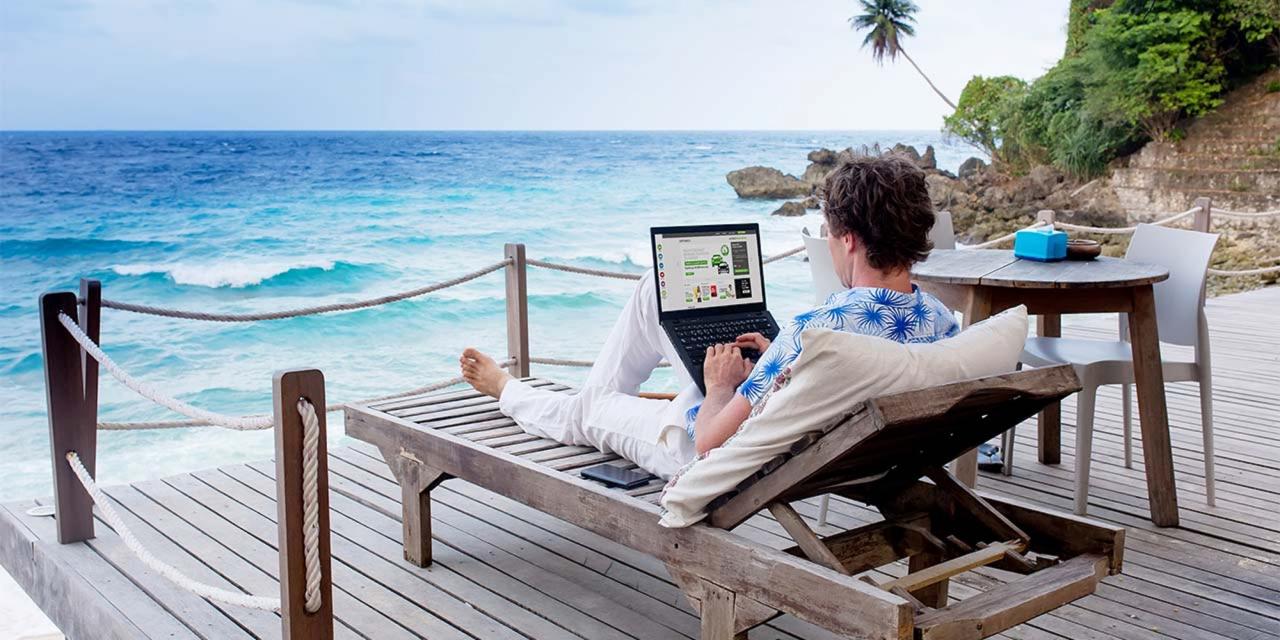
The freedom of nomading comes with the risk of loneliness, burnout, and emotional exhaustion. Maintaining mental and physical health is crucial for long-term sustainability.
A. Maintaining Physical and Mental Health
Your health schedule should travel with you, adapting to time zones and new environments.
A. Establish Non-Negotiable Routines: Even with constant travel, maintain a core set of daily habits—a morning workout, a set time for deep work, or a pre-sleep meditation. These routines provide an essential sense of normalcy and control in a changing world.
B. Prioritize Sleep Across Time Zones: Use tools and techniques (like melatonin, black-out masks, and calculated light exposure) to aggressively manage jet lag. Poor sleep is the fastest route to burnout and poor work performance.
C. Practice Digital Wellness: The constant need to be online can be draining. Schedule regular digital detox periods—a few hours or even a full day—where you completely disconnect from work and social media to recharge your cognitive batteries.
B. Building and Maintaining Community
Humans are social creatures. While you may leave your physical community behind, you must actively build new ones to combat isolation.
A. Leverage Co-working Spaces: Co-working spaces are the modern village centers for nomads. Use them not just for Wi-Fi, but to meet like-minded professionals, share tips, and build local friendships that can lead to collaboration or simply a friendly face for dinner.
B. Join Local Nomad Groups: Utilize apps and platforms (like Facebook groups or Nomad List meetups) to connect with the local expatriate and digital nomad community. These groups are invaluable sources for local advice and social activities.
C. Maintain Remote Connections: Schedule regular, non-work calls with family and friends back home. Use video calls to maintain the visual connection and fight the feeling of being disconnected from your roots.
V. Mastery and Sustainability: The Long Game
The initial excitement of travel eventually fades, and the practical challenges of nomading set in. True mastery requires making the lifestyle sustainable for years, not just months.
A. Budgeting for the Unexpected
Nomad life is volatile. Your emergency fund needs to be larger than for a stationary person.
A. Calculate the True Cost of Living: Don’t just budget for rent and food. Accurately account for the “Nomad Tax”: visa fees, flight costs, emergency medical deductibles, co-working space fees, and the high cost of last-minute bookings.
B. Maintain a Robust Emergency Fund: Your safety net should be larger—aim for 6 to 9 months of global living expenses easily accessible in a high-yield savings account. This is your shield against global pandemics, sudden job loss, or a necessary last-minute flight home.
C. Negotiate Everything: From Airbnb long-term stays to co-working memberships, always negotiate the price. Nomads often commit to longer stays than tourists, giving you leverage for discounts.
B. Ethical and Responsible Travel
As a guest in a foreign land, your behavior reflects on all digital nomads. Responsible travel is essential for the lifestyle’s future.
A. Respect Local Culture and Laws: Make a genuine effort to learn the local language, customs, and social etiquette. Dress appropriately, be mindful of public behavior, and avoid being the “loud tourist.” Your respect ensures a warm welcome for yourself and future nomads.
B. Support Local Economies: Spend your money at local markets, small businesses, and non-chain restaurants. Avoid funneling all your money to large international hotel chains or expatriate-owned businesses. Your presence should enrich, not exploit, the local community.
C. Minimize Your Environmental Impact: Be conscious of your carbon footprint from flying. Offset flights when possible, choose longer stays over “fast travel,” and adopt local practices for minimizing plastic use and conserving energy.
Conclusion: The Art of Intentional Living on the Move
Mastering the digital nomad lifestyle in 2025 is the art of intentional, borderless living. It’s the successful integration of rigorous business practices with profound personal freedom.
The challenge is not technological—the tools for remote work are already mature—but psychological and logistical. Many chase the idea of nomading, only to be defeated by the reality of isolation, financial instability, and the sheer administrative load of constant travel.
True mastery is found in the discipline applied to the unglamorous aspects: building diversified income streams, maintaining a meticulous, automated financial system, and adhering to professional-grade cybersecurity protocols while sitting poolside.
It means becoming an expert in logistics, always planning for the “Nomad Tax” of unexpected costs and regulatory hurdles like visa compliance.
Most importantly, it means prioritizing the human element: actively fighting loneliness by seeking community in co-working spaces and aggressively protecting mental and physical well-beingthrough non-negotiable personal routines, regardless of the time zone.
The successful digital nomad understands that this life is a marathon, not a sprint. It demands that you treat your remote career as a high-performance, globally dispersed business, and your health as its most critical asset.
By transforming potential weaknesses—like fluid residency and reliance on public Wi-Fi—into structured strengths, you unlock the full, rich potential of the digital lifestyle. You aren’t just traveling while working; you are a pioneer of a new, deliberate way of life, turning the entire planet into your intentional workspace.


